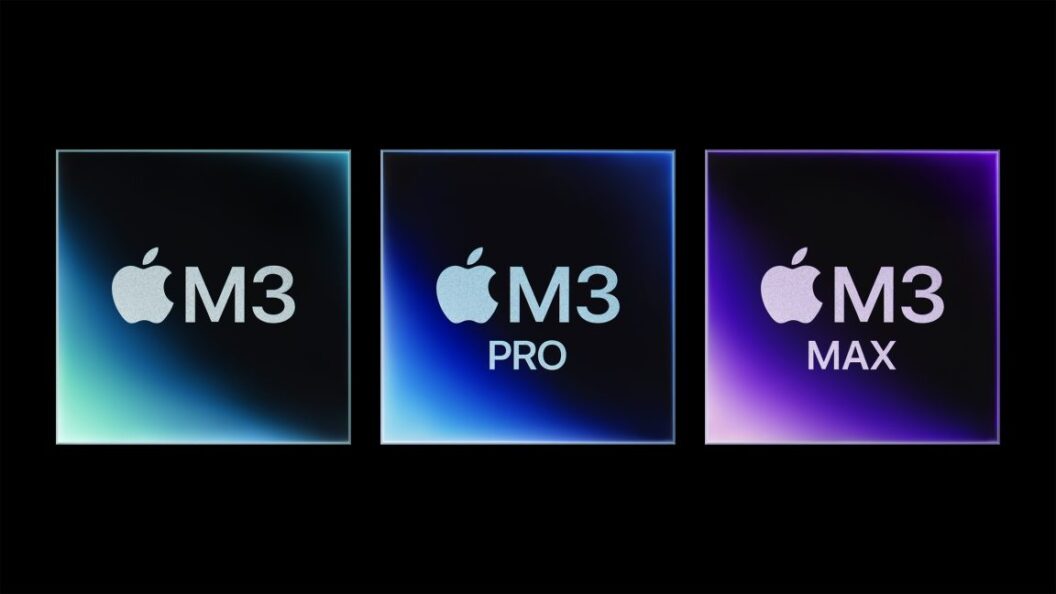Apple Chips Exposed: Vulnerabilities Open Door to Data Leaks
Apple’s recent advancements in chip technology, specifically its A- and M-series processors, have raised alarms due to the discovery of vulnerabilities that potentially compromise user privacy. Researchers have found that these chips, which power many of Apple’s products including Macs, iPhones, and iPads, are susceptible to two types of side channel attacks that could expose sensitive information such as credit card details, user locations, and other personal data through web browsers like Chrome and Safari.
Understanding the Vulnerabilities
The vulnerabilities hinge on a class of attacks known as side channel attacks, which allow hackers to infer private information by analyzing various indirect data outputs, including timing, sound, and power consumption of a chip’s operations. In this case, the new vulnerabilities stem from the chips’ use of speculative execution—a technique that enhances performance by predicting the path a program will take and executing instructions ahead of time.
The affected Apple silicon expands the speculative execution concept beyond merely predicting control flow. It also involves predicting data flow—specifically, which memory addresses should be accessed and what values they should return. This dual-layer of prediction increases both performance and, unfortunately, the potential for exploitation.
Two Distinct Attacks: FLOP and SLAP
The two vulnerabilities identified are termed FLOP and SLAP, each exploiting different facets of the processors’ predictive capabilities:
-
FLOP (Load Value Predictor Attack): This method manipulates the load value predictor (LVP), which is designed to anticipate memory contents that are not readily available. By providing malformed data, an attacker can force the LVP to forward sensitive values, enabling them to access memory content that should remain secure. This can lead to unauthorized retrieval of location histories from services like Google Maps or events listed on iCloud Calendar.
- SLAP (Load Address Predictor Attack): This attack leverages the load address predictor (LAP), which anticipates where data is stored in memory. An attacker can trick the LAP into predicting incorrect memory addresses, effectively allowing them to access sensitive information across different browser tabs. For instance, if a user has both Gmail and an attacker’s website open, SLAP could expose sensitive strings of JavaScript code from Gmail to the malicious site.
Implications for Apple Users
The implications of these vulnerabilities are significant, particularly given the widespread use of Apple devices among professionals and everyday consumers alike. Apple products are often seen as secure, but the nature of these discoveries raises concerns about user privacy. The potential for attackers to siphon off sensitive information underscores a need for enhanced security measures and vigilance from users.
In response to the vulnerabilities, Apple has not yet issued a formal statement addressing these specific attacks. However, the company has historically implemented updates aimed at mitigating security risks and reinforcing user protection. Cybersecurity experts emphasize that it is crucial for users to stay informed about software updates and to use cybersecurity best practices to minimize risks.
The Broader Context
These findings are part of a larger conversation surrounding processor security, particularly as companies continuously pursue greater speed and efficiency through advanced computing techniques. The emergence of trending technologies, like generative AI and complex computing tasks, often prioritizes performance over security, which can lead to unforeseen vulnerabilities in the future.
As Apple and other tech companies innovate, the challenge will remain to balance performance gains with the uncompromised safety and privacy of users. The FLOP and SLAP vulnerabilities serve as a stark reminder that technological progress must not outpace security advancements.
Conclusion: A Call for Awareness
The discovery of these vulnerabilities is a wake-up call for both users and manufacturers in the tech industry. As the landscape of cybersecurity evolves, it is imperative for Apple to bolster its defenses and for users to remain alert and proactive in protecting their data. The significance of these revelations may impact the way both users handle their information and how companies approach security-responsive designs in future technological innovations.









